I grew up as one of those kids this industry devises campaigns to reach; neither parent fished or hunted a day in their lives. My dad was more of a hippie than he was an outdoorsman. How else do you end up with a name like mine? (Conversely, my son’s name is Fisher.) I wasn’t likely to become a participant in fishing, much less an avid outdoorsman. Thankfully, however, an uncle and some school friends gave me an introduction to the outdoors—specifically bass fishing—and that shot the odds all to pieces.
The exact moment I realized how important fishing was to me isn’t crystal clear, but there were signs along the way. It might have been when I eagerly traded sports cards for lures with my buddies or those early morning rides on my bike to the nearest pond, fishing until the school bus arrived.
Or perhaps it came during the countless hours spent at home on my bedroom floor, meticulously cutting out articles from Bassmaster magazine, sorting them into categories like “technique” or “season.”
There’s something about the distinct smell of two-stroke outboards racing across the water in search of bass that always felt like home to me. If there were a cologne that captured that scent of 50:1 mixed gasoline, I’d wear it every single day. That aroma wasn’t just about fishing; it symbolized a blend of competition and passion.
This obsession reached a fever pitch when my uncle introduced his 10-year-old nephew to tournament fishing. The sounds, the smells, and the excitement became my home.
Life did what life does and I ventured into new seasons and new activities. Hunting rivaled fishing for my affection and attention. Sports were always a part of my life. One of those seasons saw me investing my time into rodeo. Riding bulls, much like my experiences in the outdoors, completely consumed me.
Although I wasn’t the best at it, my passion earned me a scholarship and some unforgettable experiences traveling the country with my buddies. It wasn’t long before my rodeo journey was cut short by a severe injury—a badly broken arm that almost led to amputation.
FROM ANGLER TO INFLUENCER
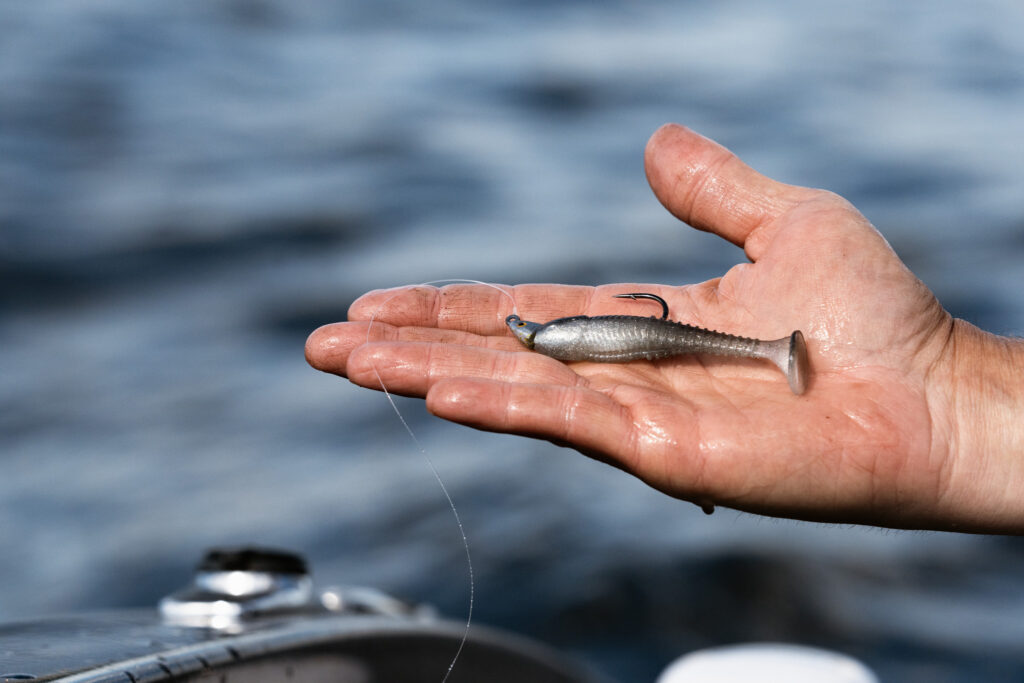
In my early 20s, I chose to earn my living doing what I loved—surrounded by water, on a boat, and catching bass. I worked as a juvenile probation officer, and also as a maintenance man for an apartment complex and a small-town public works department.
Basically, I worked whatever jobs would allow me to spend the most time on the lake. I was good at some of them, but admittedly, most were simply a means to make a boat payment, pay tournament entry fees, and keep my gas tank full. I was usually broke but I was happy spending every possible minute on the water.
I had years where I made most of my income in a boat. I took my share of guide trips, but more than anything, I fished tournaments or practiced for upcoming tournaments. I recall a few years where I fished north of 60 tournaments. Those ranged from bigger, local team tournaments to Red Man and BFL events or whatever Tuesday-nighter my current gas situation would allow me to reach.
Those were great times. Not luxurious times… but man, they were great times.
On numerous occasions, I found myself on the phone with my loan officer, pleading for just a bit more time before they repossessed my truck and boat. I was always just one school of Kentucky Lake bass away from clinching first place, securing the prize money I desperately needed to catch up on my payments.
The experience was akin to addiction, and nearly every penny I earned was reinvested into my big-bass habit. My life, down to the smallest daily decisions, revolved around fishing tournaments and time on the water.
THE BUSINESS OF BASS FISHING
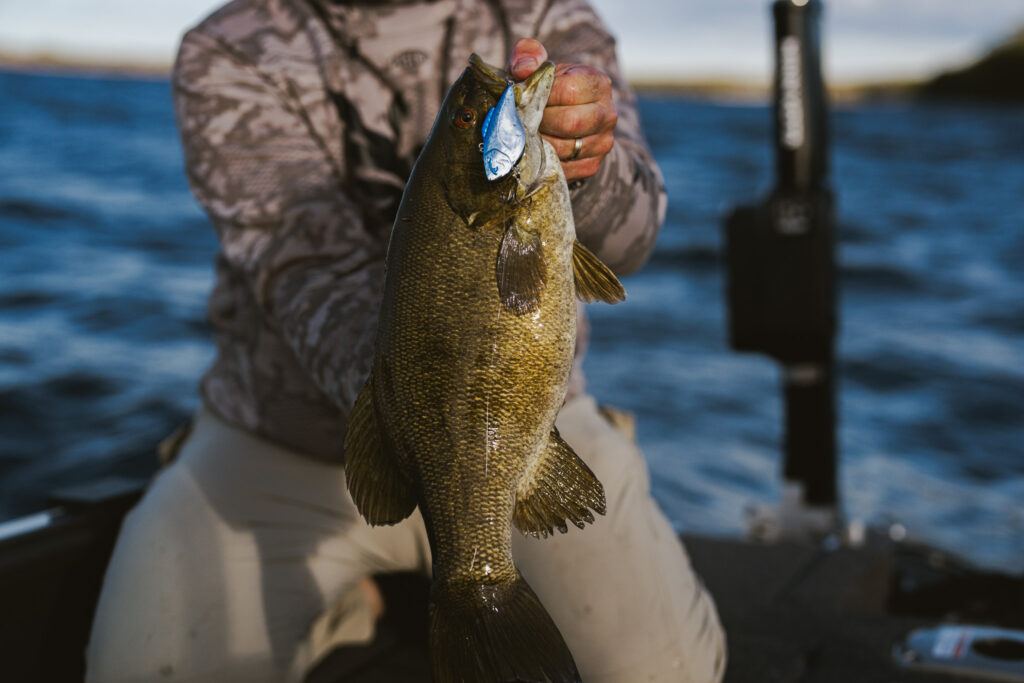
Chasing bass ended up getting me in front of Teresa Johnson and Gary Clouse, now of Phoenix Boats but formerly of Stratos and Champion Boats. After finishing second in the Stratos Owner’s World Championship, I eventually got a call from Teresa. They were looking for a young and authentic angler to tell the world how great their products were—at least that’s how I remember it.
They ended up choosing me, and I went to every boat show in the country for a couple of years. I began writing catalog and ad copy. I went to photo shoots. I played a key role in developing one of the earliest angler contingency programs. I worked with pro anglers such as Larry Nixon, Skeet Reese, and Andy Morgan on contracts and marketing events. I’m also pretty sure I connected Bryan Thrift with his first boat deal.
Still, I fished as much as possible. But this time, I had the funds to pay for my truck, my boat, and my gas. I suppose this was because I had a “real” job that subsidized my gas bill, and working for a boat manufacturer certainly has its perks.
It was during this time I felt my love for bass fishing expand to a love for the business. Originally, my plan was to learn the business side of the fishing industry and return to the tournament scene. However, it turned out I had quite a bit to offer.
I was blessed with a strong mind that allowed me to effortlessly recall tournament finishes, bait manufacturers, and key catches. I had strong opinions and insights on boat designs and product development that always seemed to be in tune with market demands. Fishing wasn’t just a career choice; it was my life. I lived and breathed it every single day.
Naturally, I found myself moving toward marketing to analyze products from the perspectives of manufacturers, retailers, and consumers. I was in my element and I felt at home. For the most part, I genuinely liked the people with whom I worked. Looking back, it was a combination of these things that shaped what I believe was a great career choice.
CAREER GROWTH AND EVOLUTION
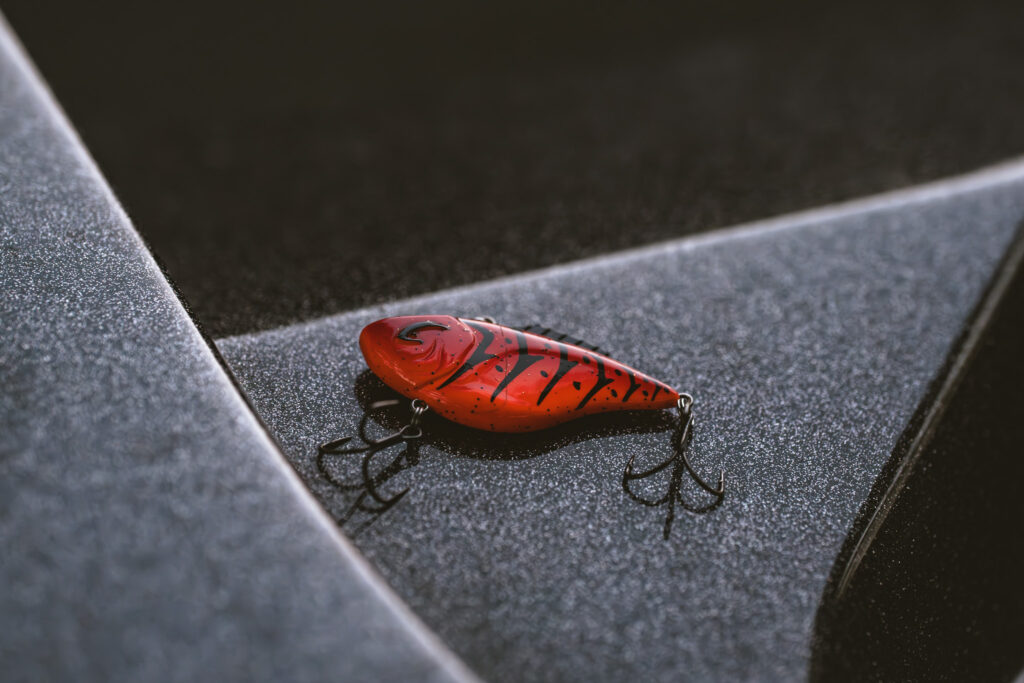
About four or five years into my tenure at Genmar, I got a call from Doug Minor, the Vice President of Sales and Marketing at Strike King Lure Company. He invited me to join his team, but leaving Stratos Boats was a tough decision due to my deep investment in ongoing projects.
Doug was persistent, and after a few more calls, I found myself agreeing to meet him for lunch at a Shoney’s in Nashville. It only took 15 minutes of conversation for me to decide to work for him.
Doug stood out in the industry. As an exceptional angler and an outdoors enthusiast, he brought a unique, almost old-school approach to business. He was known for making wise decisions and valued real-world industry experience, which I had in spades. During my first day at Strike King, Doug handed me an atlas, opened it to a map of the U.S. and said something I’ll never forget.
“This is your area to impact our brand’s growth. Good luck.” He then walked away, leaving me without further instructions or guidelines.
Chasing after him for more direction, his response was somewhat cryptic.
“You’ll figure it out your way and it’ll be the right way.” I wasn’t sure if this meant he had immense faith in me or if he was uncertain about his own expectations.
Working under Doug became a pivotal experience, especially after the passing of my father. Doug stepped in not just as a boss but as a mentor and a guide in both my professional and personal life. He taught me the importance of building and investing in relationships, the mindset of not accepting defeat and invaluable lessons about life and manhood. I love him like my own father.
In the 17 years I spent at Strike King, I was part of an extraordinary era in the fishing industry. Strike King didn’t just grow; it became the leading brand in the tackle market, consistently achieving double-digit sales growth year after year. But our success wasn’t merely about profits. We were committed to doing business the right way, emphasizing quality, value, and performance in every product we brought to market.
Our team was a blend of innovation and passion. We had a group of dedicated employees who nurtured the brand like it was their own, supported by incredible leadership who trusted us to make the right decisions. Our marketing strategy was spot-on, and better yet, our professional anglers were dominating the circuits. This wasn’t just about selling baits or supporting the livelihoods of professional anglers who relied on our products. It was about helping all anglers catch more fish.
The synergy within the company was unmistakable. From product development setting industry trends to every department excelling in their roles, we were a well-oiled machine. It was the perfect storm of great teamwork, visionary leadership, and innovative products, all contributing to an exceptional era of growth and success in the fishing industry.
The most important part of Strike King’s success was not the team of professional anglers. Sure, we had Denny Brauer, Shaw Grigsby, Mark Davis, Mark Rose, Greg Hackney, and Kevin VanDam repping our brand and pushing our products, and they were undoubtedly invaluable.
The cast of legends we had at our disposal for lure design, testing, and big-picture concepts will likely never be replicated. But the team of people in the back rooms driving the brand? Each of us loved it and treated it like his or her own.
We had the “it” factor—something that only existed around our design table. It was a combination of business experience and end-user knowledge that was unmatched.
I remember once sitting in a product meeting and counting the number of boats the present group had won—it was north of 40. And yet, there wasn’t a professional angler in the room. There were only five or six Strike King employees. To be fair, I would be remiss to not mention my late pal and mentor Phil Marks represented about 27 of those.
I’d rather catch fish than sell lures any day of the week, but both have to exist to keep the industry moving forward. The secret sauce, however, was not business acumen, marketing principles, or product engineering. It wasn’t operational experience, logistics, or even sales. It was firsthand knowledge as anglers— end-user knowledge as tournament competitors. Experience guided us in teaching others how to catch more fish as passionate anglers.
NEW HORIZONS
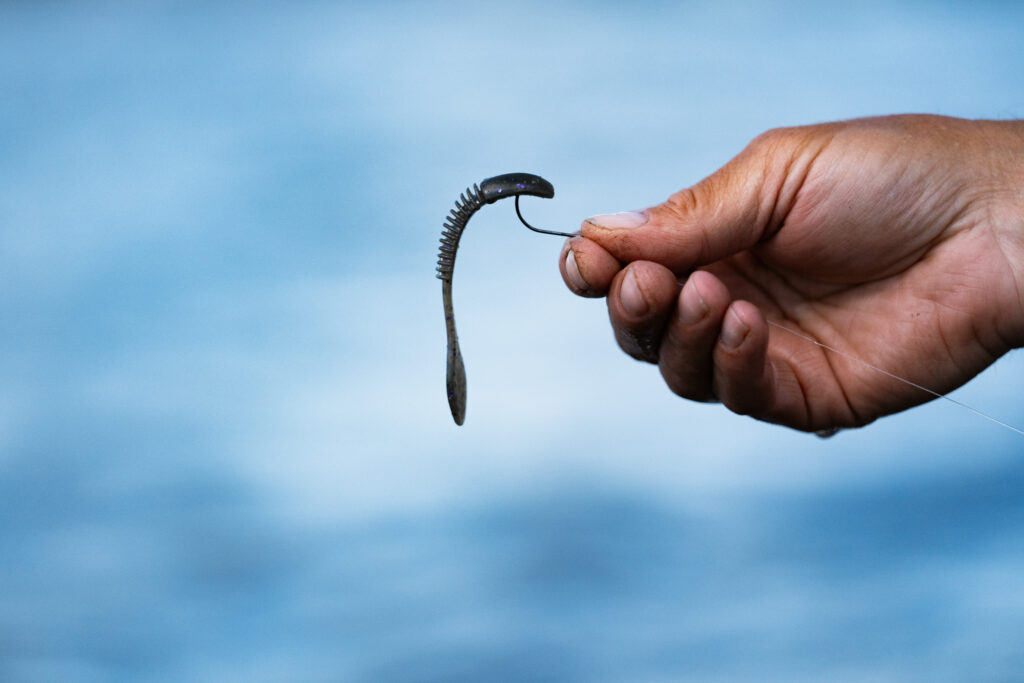
I met Zach Henderson, a fellow hardcore bass angler, at a buying group show. We hit it off and stayed in touch, connecting a few times each year. Zach was the CSO at GSM. When GSM decided to expand into fishing, he reached out, asking if I was interested in leading the charge.
A major player in outdoor retail stores, GSM was known for its dominant hunting brands. As an avid hunter familiar with their products, I recognized their potential for growth in the fishing sector. After careful consideration and prayer, I took on the role of vice president of the new fishing division at GSM Outdoors. There were a few key reasons why.
First, their reputation for investing in brands and nurturing their growth stood out. Despite the typical skepticism around private-equity-owned companies, GSM consistently demonstrated excellence in engineering, sourcing, manufacturing, and sales, which enabled them to take brands to new heights and markets.
Another aspect I found appealing was the opportunity to implement my approach, perhaps a more traditional one. I respected my previous co-workers and leadership, but I believed in the effectiveness of the methods I learned over the years. This wasn’t about right or wrong, but rather a different philosophy at a pivotal point in my career where I saw an opportunity for growth and innovation.
My background was rich in sales, marketing, product development, and people management, although I was less versed in accounting, operations, and logistics. However, my experience reinforced the belief that surrounding oneself with talented individuals in their respective fields, setting a clear vision, and allowing them to excel is crucial. This approach often outweighs the need to know every single detail.
UNIFIED PASSION
Ultimately, the combination of GSM’s resources, a shared vision, and a capable team presented an irresistible opportunity to build something remarkable in the fishing industry. We are on a trajectory to lead with quality brands, all managed by dedicated individuals who share a common goal: helping people catch more fish.
This might sound oversimplified, but at its core, it’s what we do. My years in the industry have taught me that simplicity often paves the way to success. This philosophy brings me back to one of my greatest passions which is investing in relationships. In the past two years, we’ve targeted and acquired eight specific brands and have several more in the works.
However, we aren’t scavenging the bargain bin for brands looking to make a quick buck. Our passion isn’t in marketing just any product.
Like you, I’m not drawn to flashy items that lack substance. Instead, I’m inspired by iconic products universally known for catching more fish, such as the Senko and the Rat-L-Trap.
Our goal is to take products with a genuine foundation like these and elevate them to new heights of success. At the core of GSM, we invest in brands in which we believe. I feel humbled by the network I’ve been able to cultivate over the years in the fishing industry. It spans a diverse range, including anglers, retailers, independent sales reps, marketing firms, and colleagues from various brands.
My experiences, from guiding and fishing tournaments to hosting television shows and attending countless boat and industry shows (not to mention visiting thousands of retailers) have helped me forge and strengthen these connections.
This extensive network is a testament to the journey and highlights the crucial role of personal relationships in navigating a fulfilling career in the fishing world.
Despite my valuable time with various brands, teams, and individuals throughout my career, I find what we’re currently building to be unparalleled. There’s a deep sense of unique satisfaction in both our approach and the people involved in this journey—and it’s refreshing.
HARMONIOUS INNOVATION
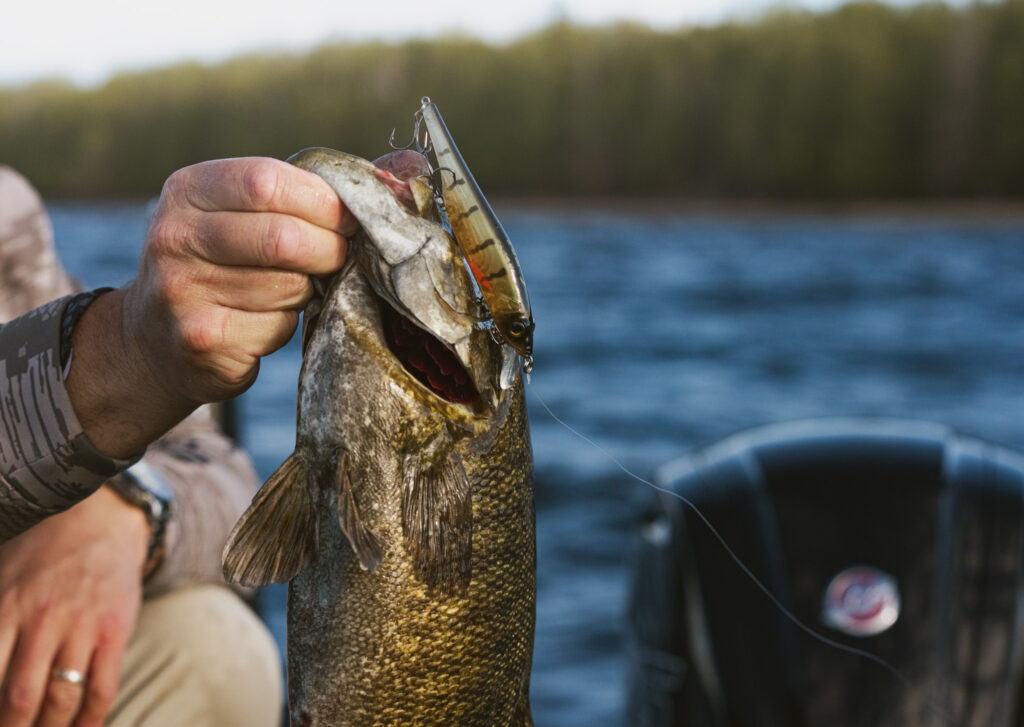
Once again, I find myself sharing the discussion table with a group of absolutely diehard, avid anglers. The rest of the GSM family is equally as passionate about their time on the water. This is a recipe that very few, if any, can replicate. But it’s something the industry needs more of, which brings me to my next point.
I firmly believe the industry needs a harmonious balance—a middle ground where the time-honored principles blend seamlessly with innovative concepts.
This is a space where smaller brands can thrive alongside larger, multi-brand conglomerates, where cutting-edge designs emerge and classic ones are revitalized through technology.
In today’s industry landscape, I often see individuals placed in roles without an adequate understanding of the industry. Criticisms of brands are based on subjective views of their business models, while traditional methods struggle to remain relevant.
We all have opinions—I certainly have mine. But I see an overemphasis on new approaches at the expense of tried-and-true practices, and I often wonder why.
There is room in the industry for a diverse array of approaches and players. There’s a place for every style, every strategy, and every vision. I suppose this is what excites me and reinforces my belief in the path and projects taking place at GSM.
PASSING IT DOWN
In the end, we all just want to catch more fish; I think that goes for any angler when it comes down to it. As we experience the remarkable beauty of each sunrise and sunset, when the air smells and feels different, my desire is to provide every angler with a high-quality bass fishing lure that will give them a sense of confidence on the water.
I want my kids to catch more fish. I want your kids to catch more fish. And I want our consumers to catch more fish. It’s the only way we’ll continue this beautiful tradition we all love so much. Who knows, 25 years from now, another young angler may be following in these footsteps.



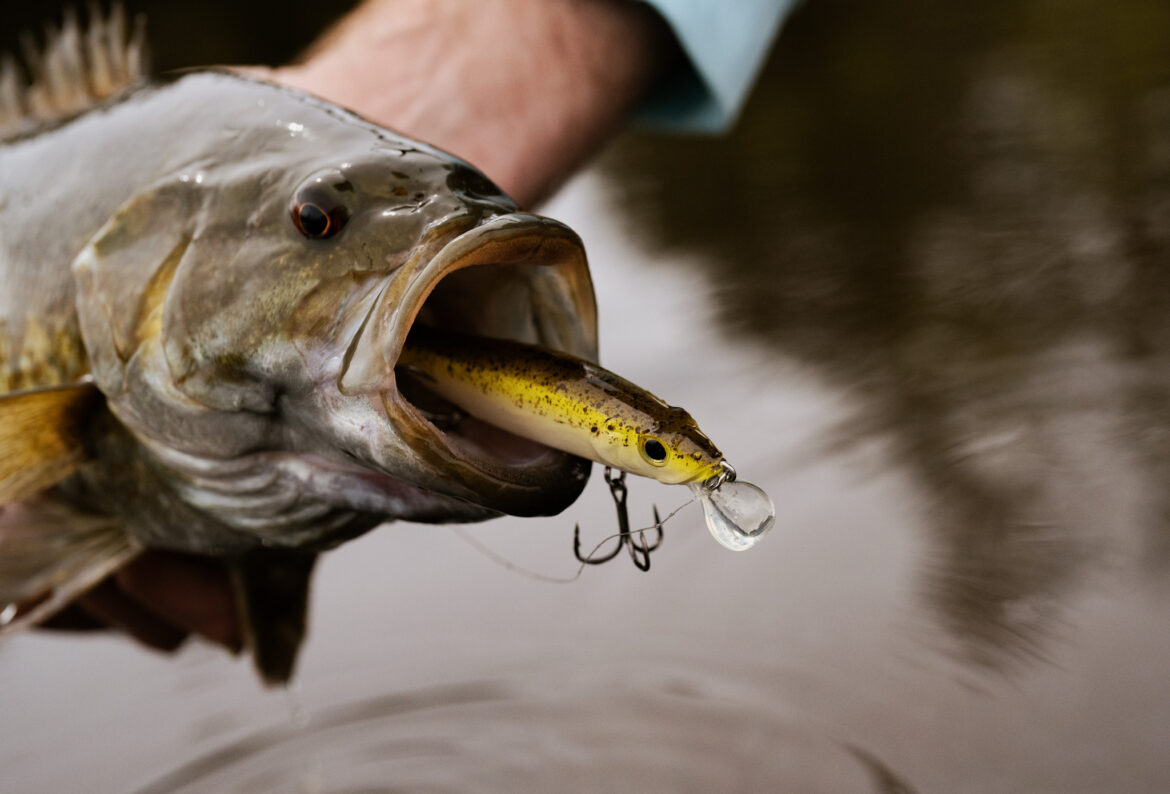
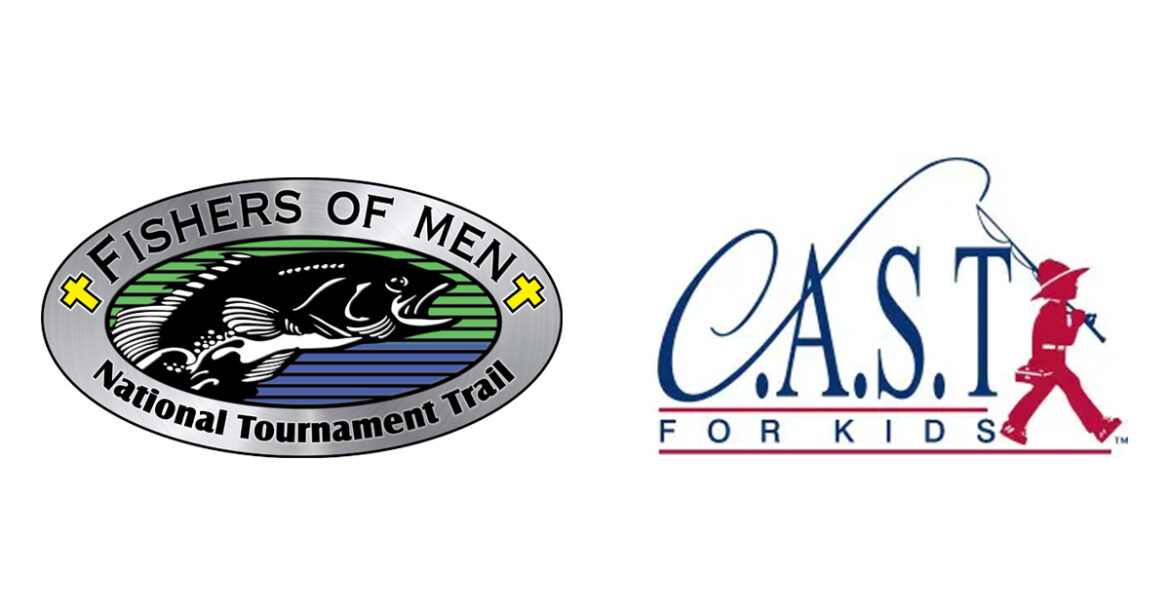
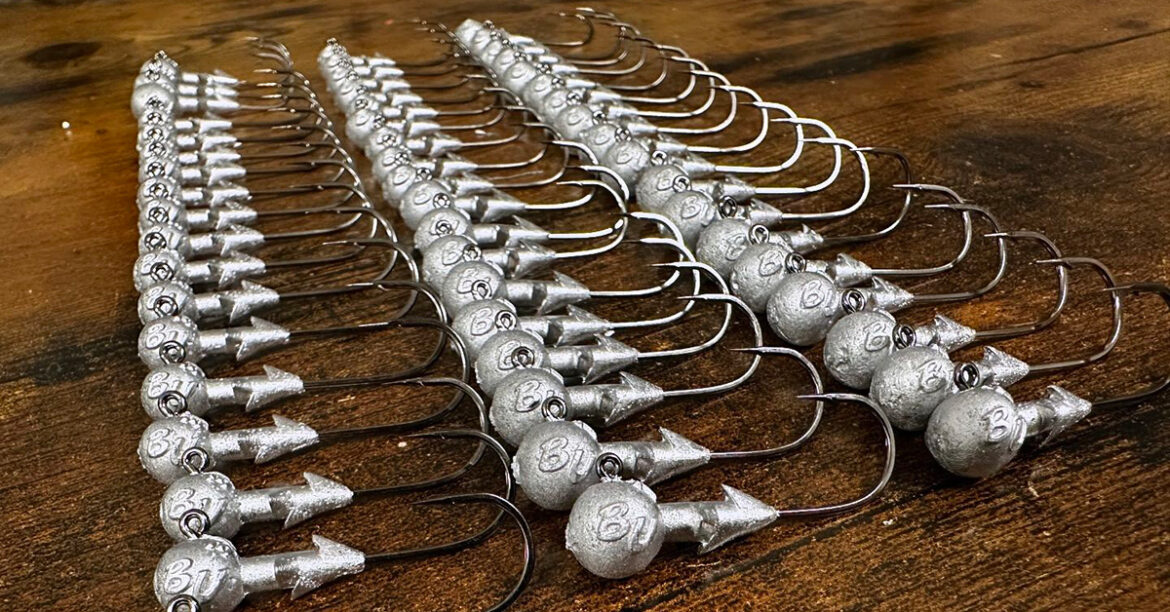
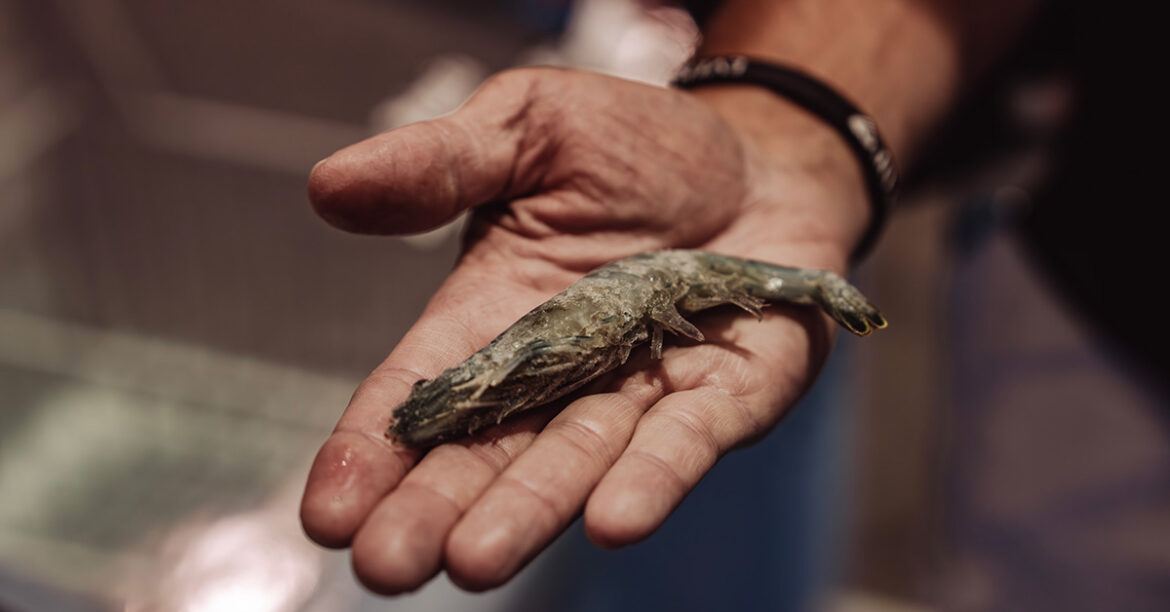
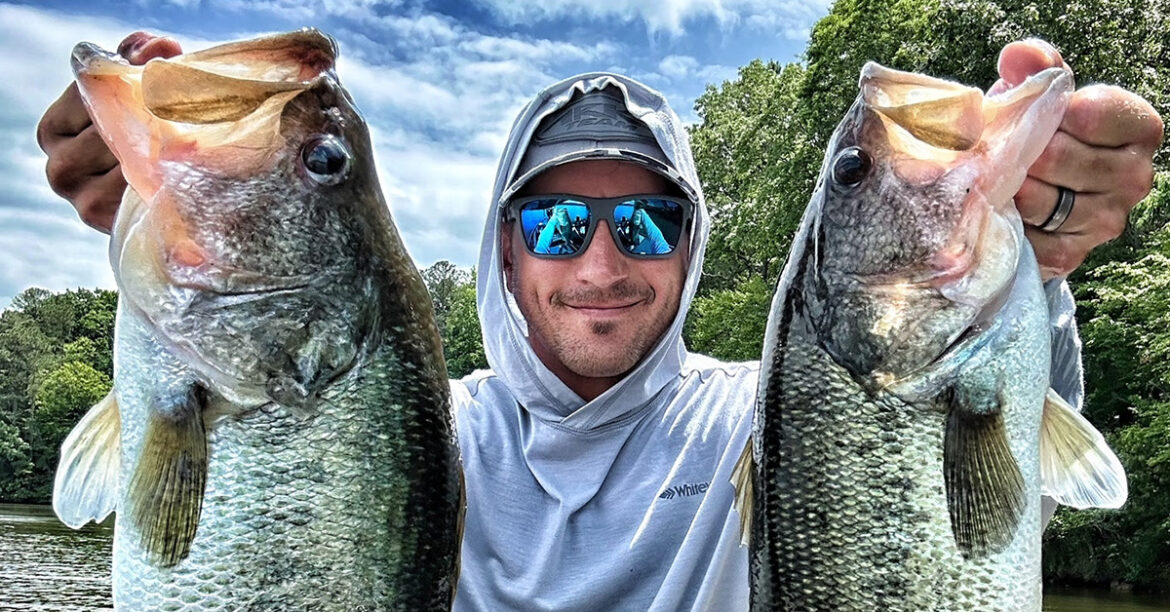
Leave a Reply